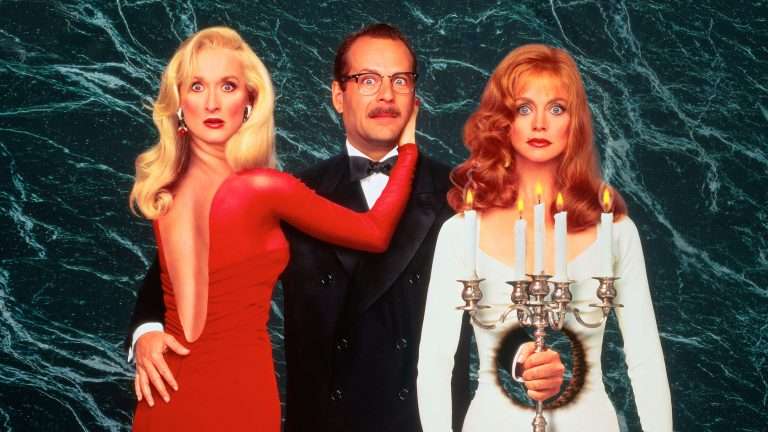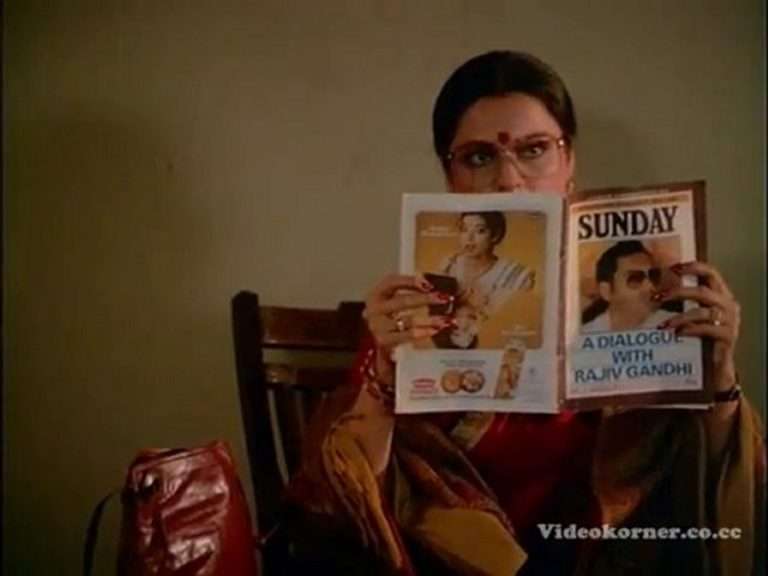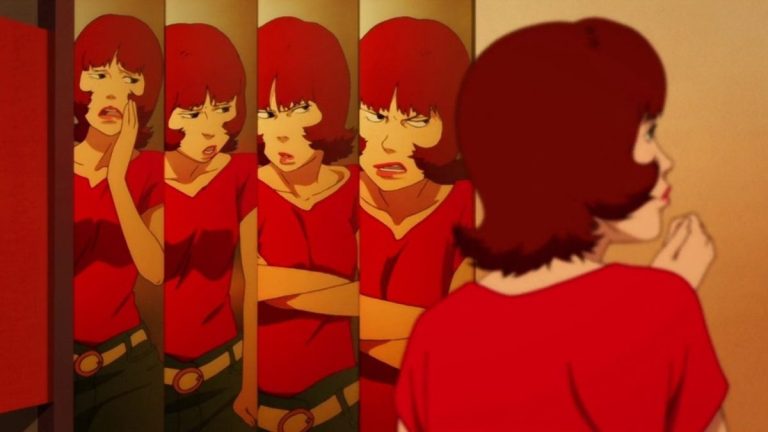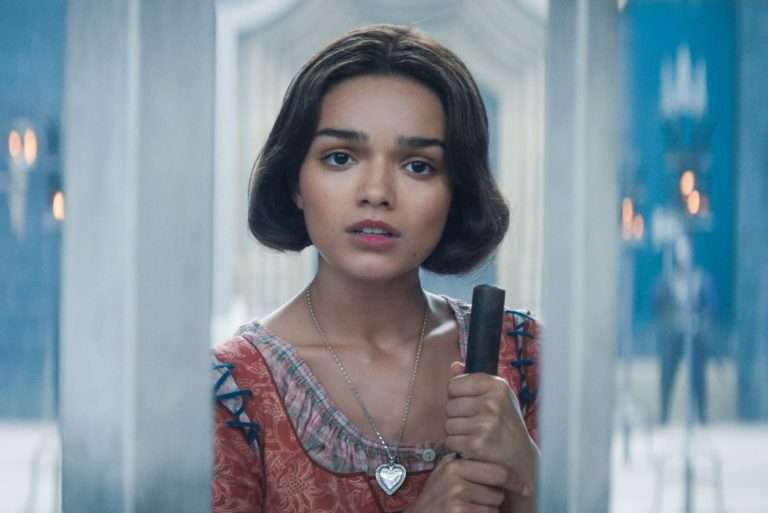In a cinematic world so often dominated by spectacle and suspense thrillers, Whit Stillman’s trilogy is a gentle rebellion. If one says that watching Fincher’s ‘Seven’ is analogous to the feeling of an adrenaline rush one might get from running from someone/something dangerous, then Stillman’s trilogy is analogous to watching tea brew on a kettle. Characters rambling on about specific topics and cultural commentary that reads more like a novel than a screenplay are central to Stillman’s work.
Stillman crafts delicate portraits of class and identity in his films. Although “Metropolitan” (1990), “Barcelona” (1994), and “The Last Days of Disco” (1998) were released across the decade, they chronologically span the late ’60s through the early ’80s, tracing the lives of young Americans with too much education and not quite enough self-awareness. And yet, somehow, we root for them.
Barcelona – Love and NATO
We begin in “Barcelona,” the film set earliest, in the late 1970s. Ted Boynton, an earnest American salesman, finds his methodical life disrupted when his cousin Fred—a naval officer —comes to stay with him in Spain. Here, Stillman explores the theme of Americanness abroad. Barcelona is a city in transition, still shaking off the dust of Francoist repression, but also wary of American imperialism. Fred’s brashness and Ted’s excessive interiority seem antithetical, but they’re two sides of the same coin: both are deeply uncomfortable with ambiguity. That discomfort plays out in their bafflement over Spanish women and Cold War tensions. And yet, for all the political debates and quarrels, what we see are two men fumbling toward maturity.
Stillman uses the backdrop of NATO protests and anti-American sentiment not as a lesson in foreign policy, but as a mirror for inner conflict. The question isn’t whether Ted is right about advertising or Fred about military virtue—it’s whether either man can understand someone else long enough to love them.
Metropolitan – The Death of a Class
“Metropolitan” is all about the winter debutante season – a leisure time activity of the dying breed of New York elites in the early 1980s. Here, the stakes are smaller but no less existential. Tom Townsend, a self-described socialist(read Fourierist) with no real plan for living like one, falls into the orbit of the “Sally Fowler Rat Pack”—a cluster of UHBs (Urban Haute Bourgeoisie) who drink, dance, and debate like it’s an extracurricular.
This is a film about self-awareness dawning like a hangover. The group talks endlessly about literature, class, and ethics, but their real problem is the loss of identity. They are children of privilege at the very moment that privilege begins to lose cultural relevance. The S.F.R.P. are bright and well-read, but their values are inherited.
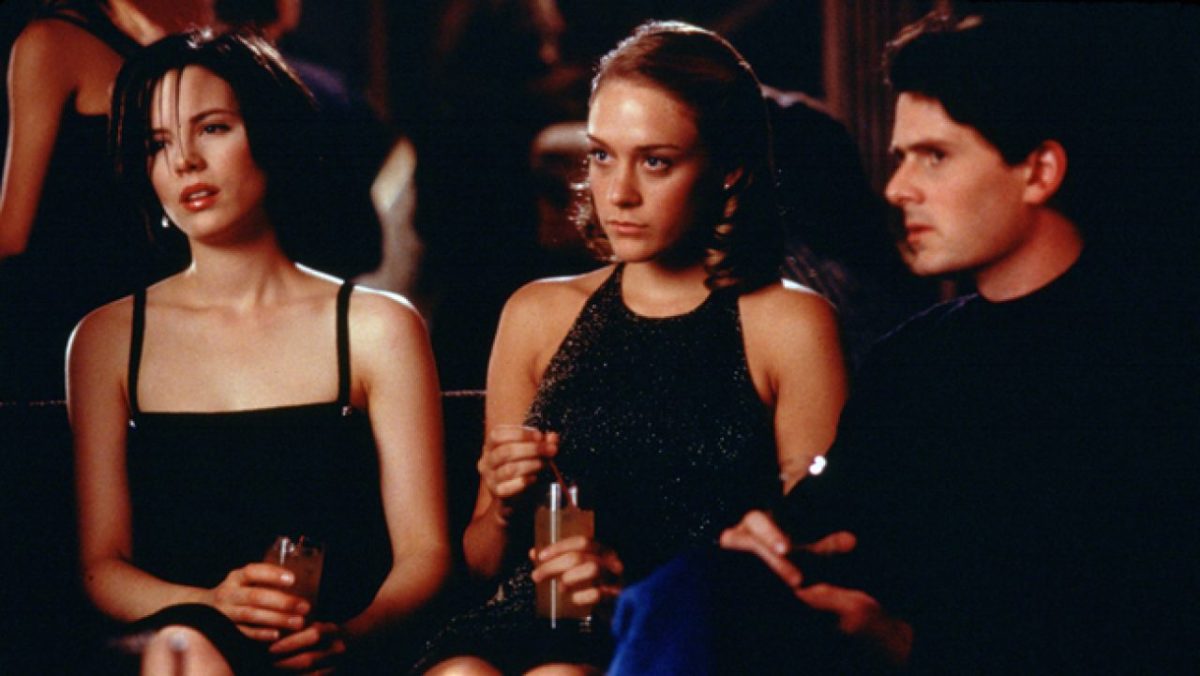
Stillman’s genius is to let them talk without mocking them. The film makes us fall in love with Audrey, the film’s quiet heart, who believes in love and literature with a conviction that somehow feels radical amidst all the cynicism. One of my favourite scenes of the movie is when Tom Townsend and Charlie Black are discussing their theory of UHBs with the man at the bar. They discuss how people like them are doomed to be failures, and the man explains to them how he feels that he has failed because what he does is not impressive, and dreads it when someone asks him what it is that he does.
This film is not a takedown of the upper class, but a eulogy. “Metropolitan” isn’t a satire; it’s an awkward tragedy of people realizing that their world is slipping away, and they’re not quite ready to mourn.
The Last Days of Disco – Dancing Through the Decline
If “Barcelona” was about ideological identity and “Metropolitan” about social class, “The Last Days of Disco” (set in the very early 80s) is about cultural collapse and the messy business of becoming an adult. Charlotte and Alice, recent college grads, work low-level publishing jobs by day and dance at a club by night. They navigate through friendship, bad boyfriends, and even bad advice.
Here, disco isn’t just a genre—it’s a metaphor for the whole spirit of performative cool and temporary escape. The women’s lives are governed by social codes they barely understand. Their taste in men is ridiculous, and their friendships lack substance. But again, Stillman isn’t interested in tearing them down. Unlike “Metropolitan,” which mourns a fading aristocracy, “Disco” mourns a fading illusion—that endless youth and nightlife can substitute for knowing oneself. The lights are coming up, and it’s time to go home.
A Trilogy
So what unites these three films? Across all three, we meet characters whose privilege doesn’t make them powerful. In fact, it traps them in expectations that they’re constantly revising. The Whit Stillman Trilogy and his films, in general, are often called ironic, but that misses the tenderness beneath his wit. His camera lingers not to flatter but to witness.
And yet, across Barcelona’s political sparring, Metropolitan’s literary posturing, and Disco’s glamorous disillusionment, there’s a glimmer of hope. Love is possible. Self-awareness can be earned. And while the bourgeois may be doomed, they’re not beyond redemption—as long as they keep talking.

